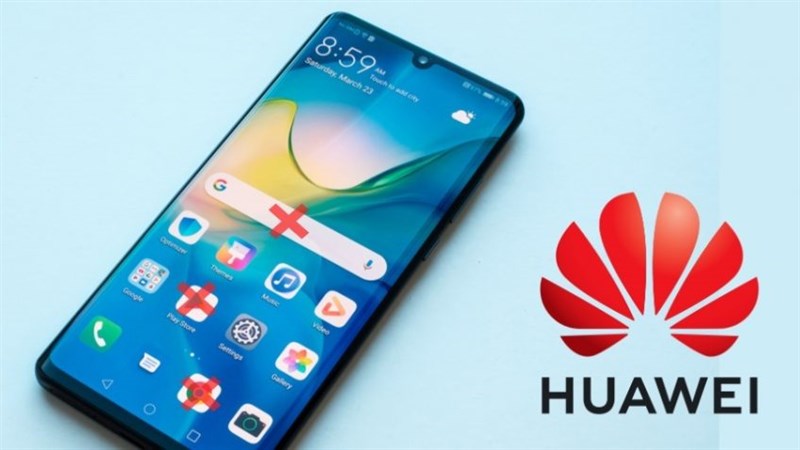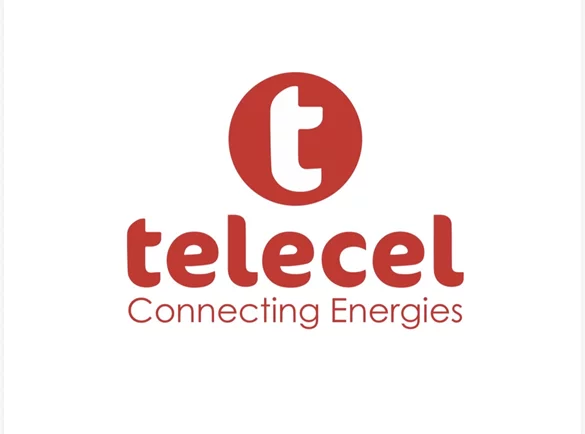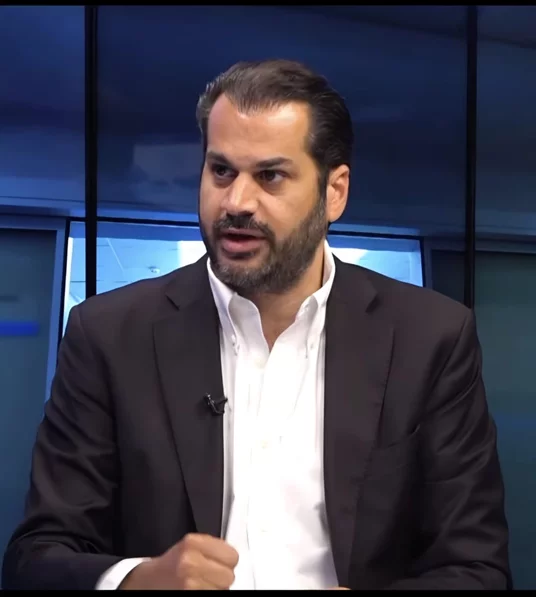Huawei has announced plans to pre-install its own Harmony operating system on its smartphones from next year.
The Chinese company said it would also offer the software to other manufacturers to use as an alternative to Android.
Huawei's move has been prompted by the fact it can no longer offer Google's apps and services on its latest devices, because of a US trade ban - although the restriction does not prevent it from offering Android itself.
Within China - where consumers do not use the Google Play store and many of Google's services are blocked - this limitation has not caused Huawei problems.
But in other countries, demand for its most recent phones has been weak because Google's tools are popular.
Two systems
Huawei announced its plan at the start of a three-day developer conference near the city of Shenzhen.
The original version of Harmony OS was unveiled a year ago, when it was pitched for use in smartwatches, TVs and other smart home gadgets.
But the company now intends to release a fresh version - Harmony OS 2.0 - that can be tested on handsets from December, ahead of a formal launch in October 2021.
In parallel, it will shortly release EMUI 11 - a version of its mobile phone user interface based on Android 11.
Recode apps
Part of Huawei's challenge is it will need developers to code their apps specifically for Harmony if the software is to run natively and thus get the best performance.The company has indicated it will be relatively easy to recode apps already written for Android.But this has proved a sticking point for other failed operating-system challengers.Developers either decided the extra work was not worth it or did not make it a priority, meaning the apps typically lacked the latest features available on Android and iOS.








.webp)










.webp)





